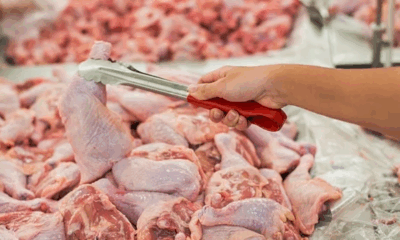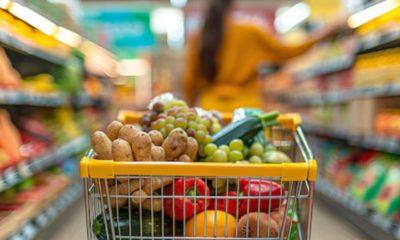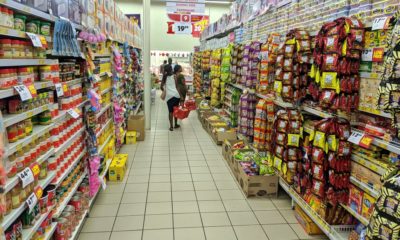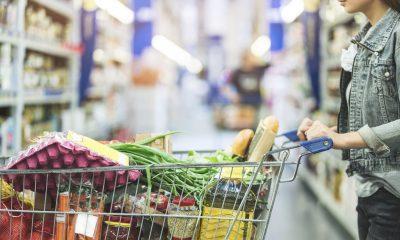News
Why Your Chocolate Habit Just Got Pricier in South Africa
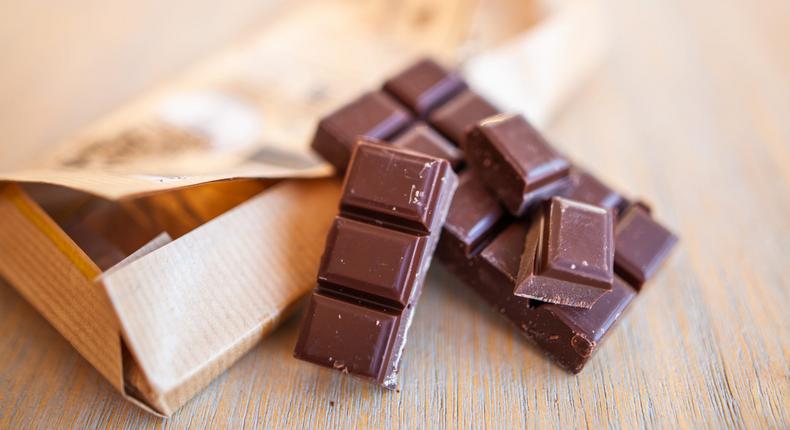
If your sweet tooth has been feeling the pinch lately, you’re not imagining it. South Africans are paying significantly more for their favourite chocolate bars and it’s not just because of local inflation. The global cocoa crisis has arrived at our supermarket shelves.
Sweet indulgence meets global turbulence
Chocolate lovers across Mzansi are finding themselves doing double-takes at the till. The average chocolate slab is now nearly 27% more expensive than it was just two years ago. Smaller bars? They’re up 18.6%. These increases are biting into wallets at a time when general food inflation remains under the South African Reserve Bank’s 6% ceiling.
What’s driving these bitter costs? It all starts thousands of kilometres away in the cocoa fields of West Africa, where climate woes and plant disease have wreaked havoc.
West Africa’s chocolate curse
Ghana and the Ivory Coast — responsible for over two-thirds of the world’s cocoa beans have faced a double-whammy: poor weather and diseased crops. Heavy rainfall arrived late, weakening mid-season harvests. In recent months, Ivory Coast cocoa shipments have been rejected in large numbers due to quality concerns.
Reuters analysts say between 5% and 6% of cocoa in each truckload is being tossed out a staggering jump from the 1% rejection rate seen in prior seasons. As a result, global cocoa prices soared nearly 300% in a year, peaking at a jaw-dropping $12,565 per metric tonne in late 2024.
Local brands brace for the worst
Multinational chocolate giants like Mondelez (makers of Cadbury) and Nestlé have both sounded the alarm. In their most recent earnings calls, they warned that high cocoa prices are likely to stay elevated well into 2026. If the situation worsens, expect further price hikes.
“We’ll continue planning for various scenarios,” a Mondelez spokesperson said, noting that any decrease in prices is still far from guaranteed.
Meanwhile, back home, Tiger Brands — the parent company of Beacon, the century-old local chocolate icon is eyeing the exit. The company admitted it hasn’t invested much in its chocolate division in decades and has struggled to keep up with more aggressive competitors like Cadbury.
Despite a long-standing legacy (who didn’t grow up eating those Beacon marshmallow eggs?), Tiger now wants to sell off the division, believing the brand stands a better chance in someone else’s hands. Until then, it promises to support Beacon through the tough months ahead.
Social media reacts: Chocolate memes and dismay
On X (formerly Twitter), the price hikes have not gone unnoticed. One user quipped, “R60 for a slab of chocolate? Is this a luxury item now or am I just old?” Another joked, “Chocolate is now part of the five financial burdens — rent, petrol, data, electricity, and dessert.”
Even influencers are weighing in, with lifestyle bloggers warning followers to “stock up before it becomes a Valentine’s Day-only treat.”
A chocolate future full of question marks
Whether the crisis is temporary or the beginning of a long-term shift in cocoa economics remains uncertain. What is clear, however, is that your next indulgence might come with a side of sticker shock.
In the meantime, South African consumers may need to explore alternatives or savour their favourites a little more slowly. Chocolate, once a comforting escape, is fast becoming an occasional luxury.
So the next time you treat yourself to that familiar foil-wrapped bliss, remember: it’s not just cocoa, it’s climate, commerce and chaos, all packed into one square.
{Source: BusinessTech}
Follow Joburg ETC on Facebook, Twitter , TikTok and Instagram
For more News in Johannesburg, visit joburgetc.com

